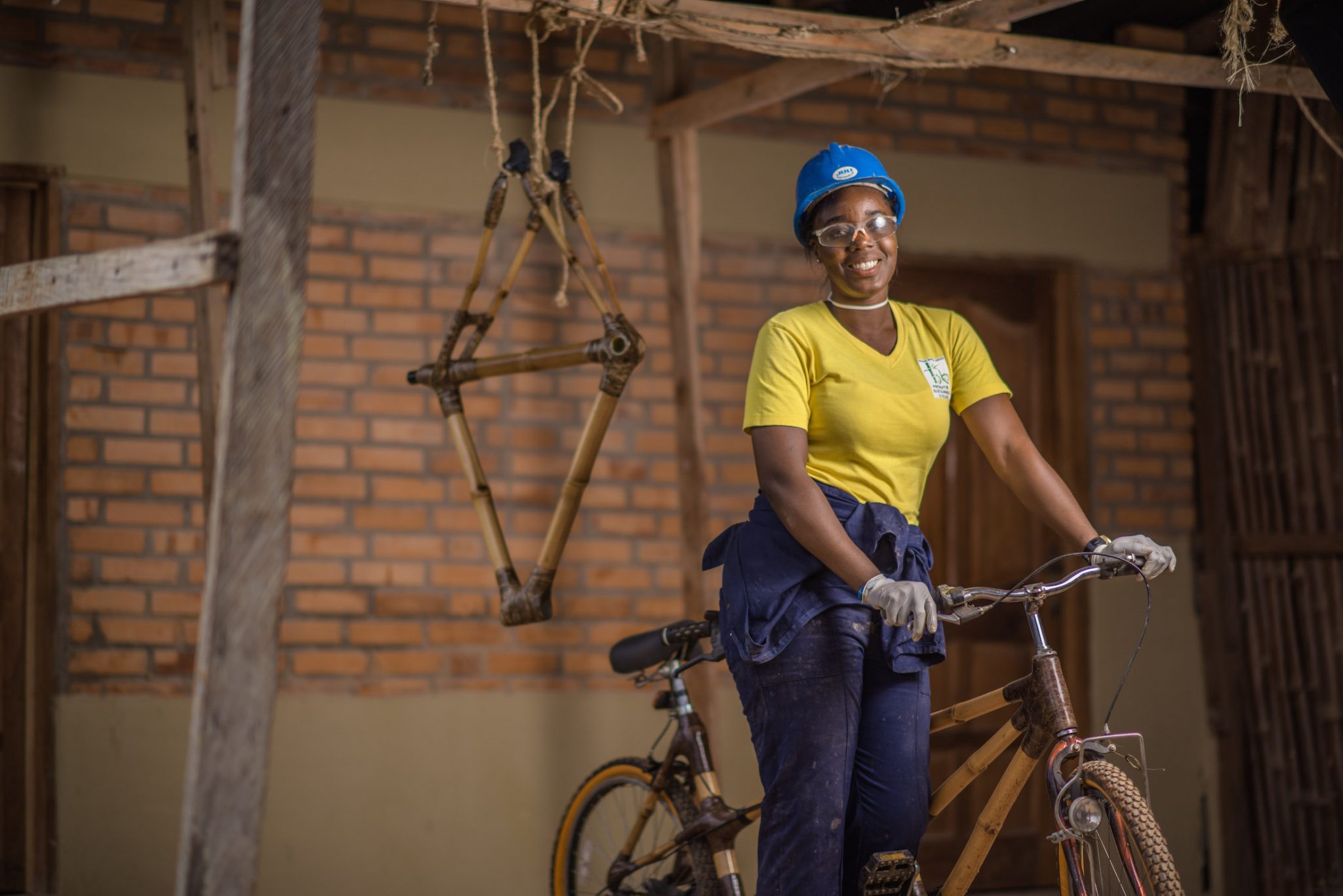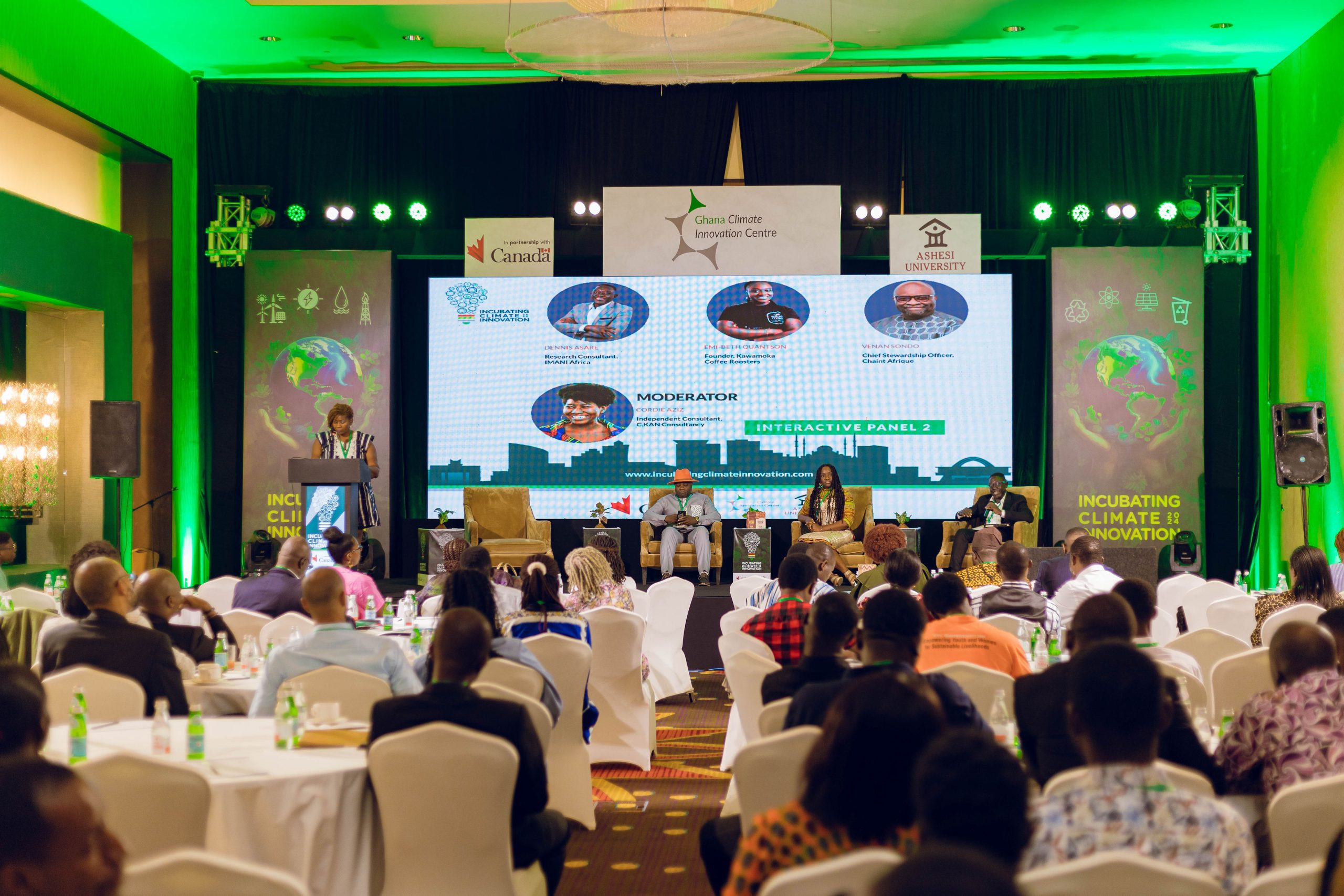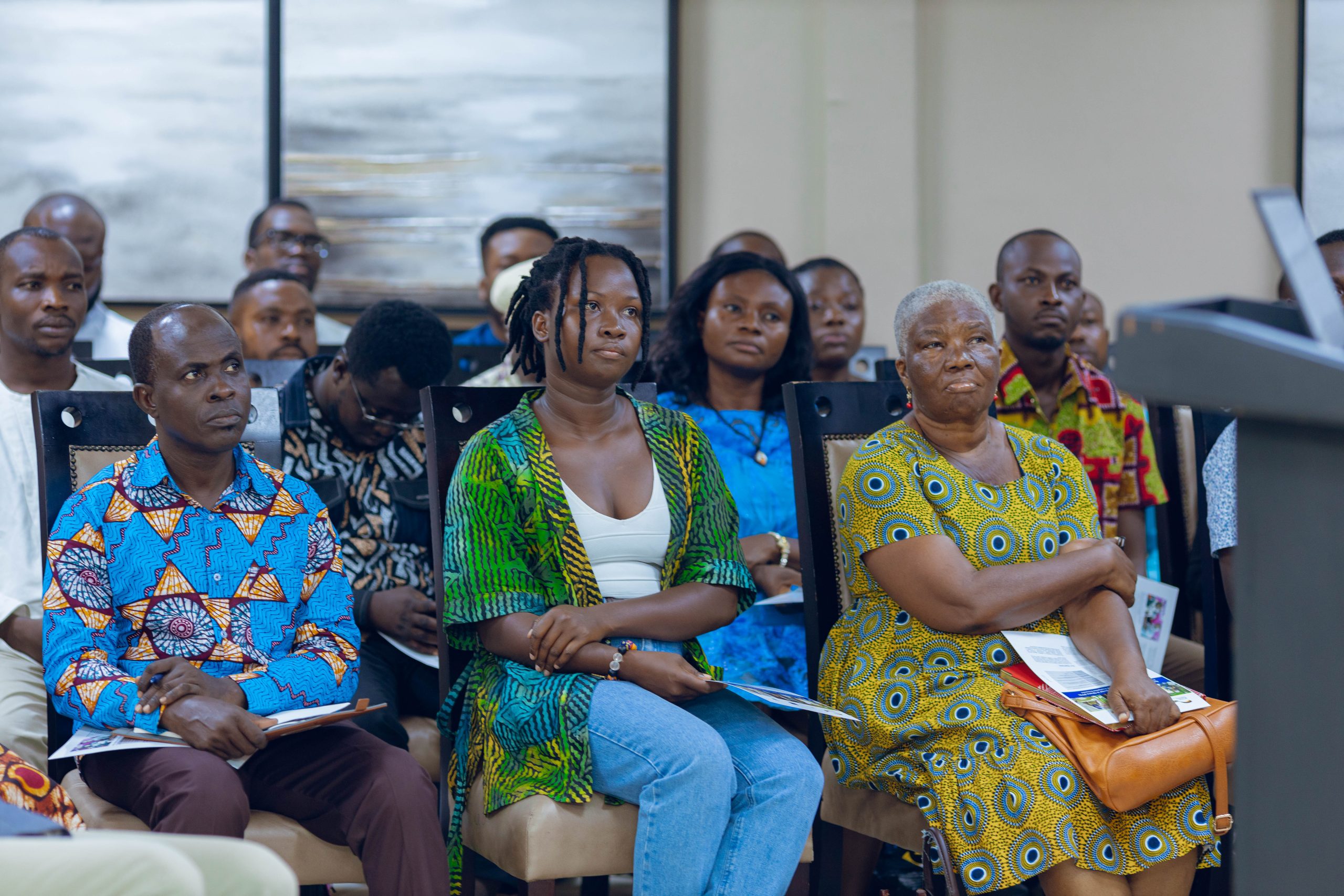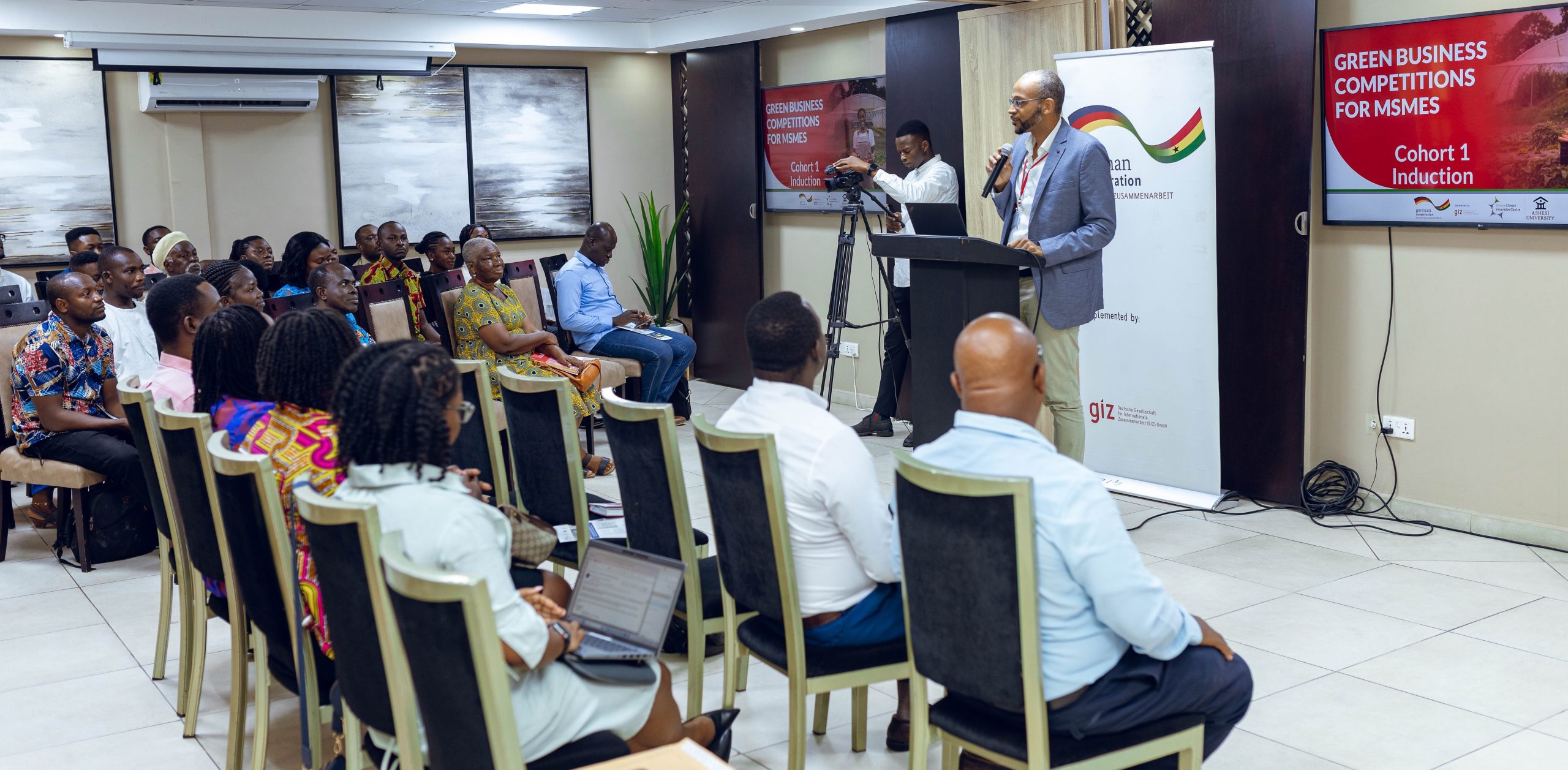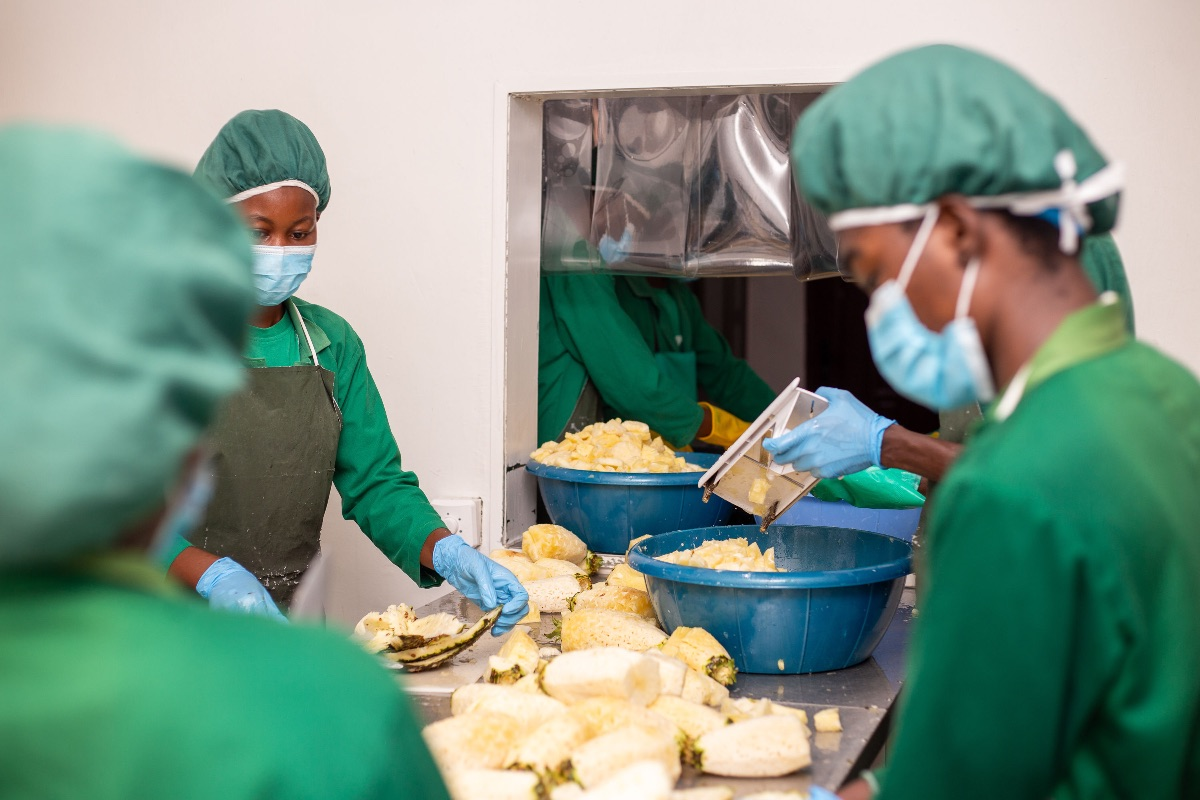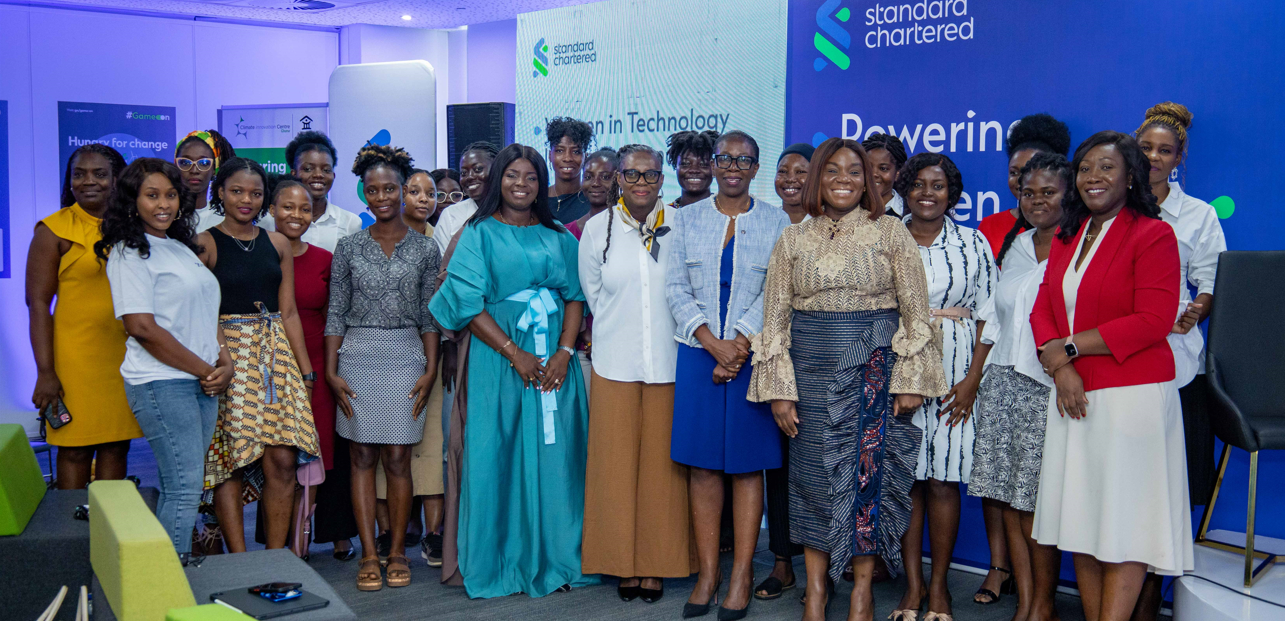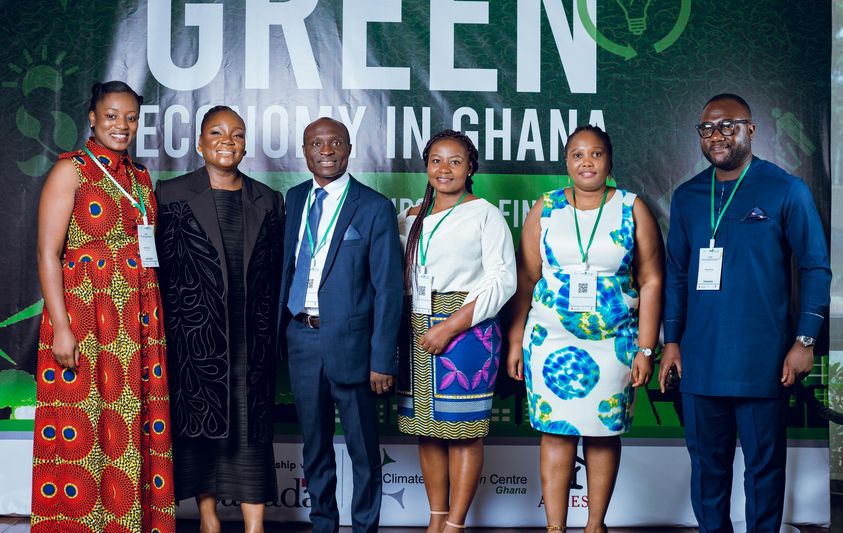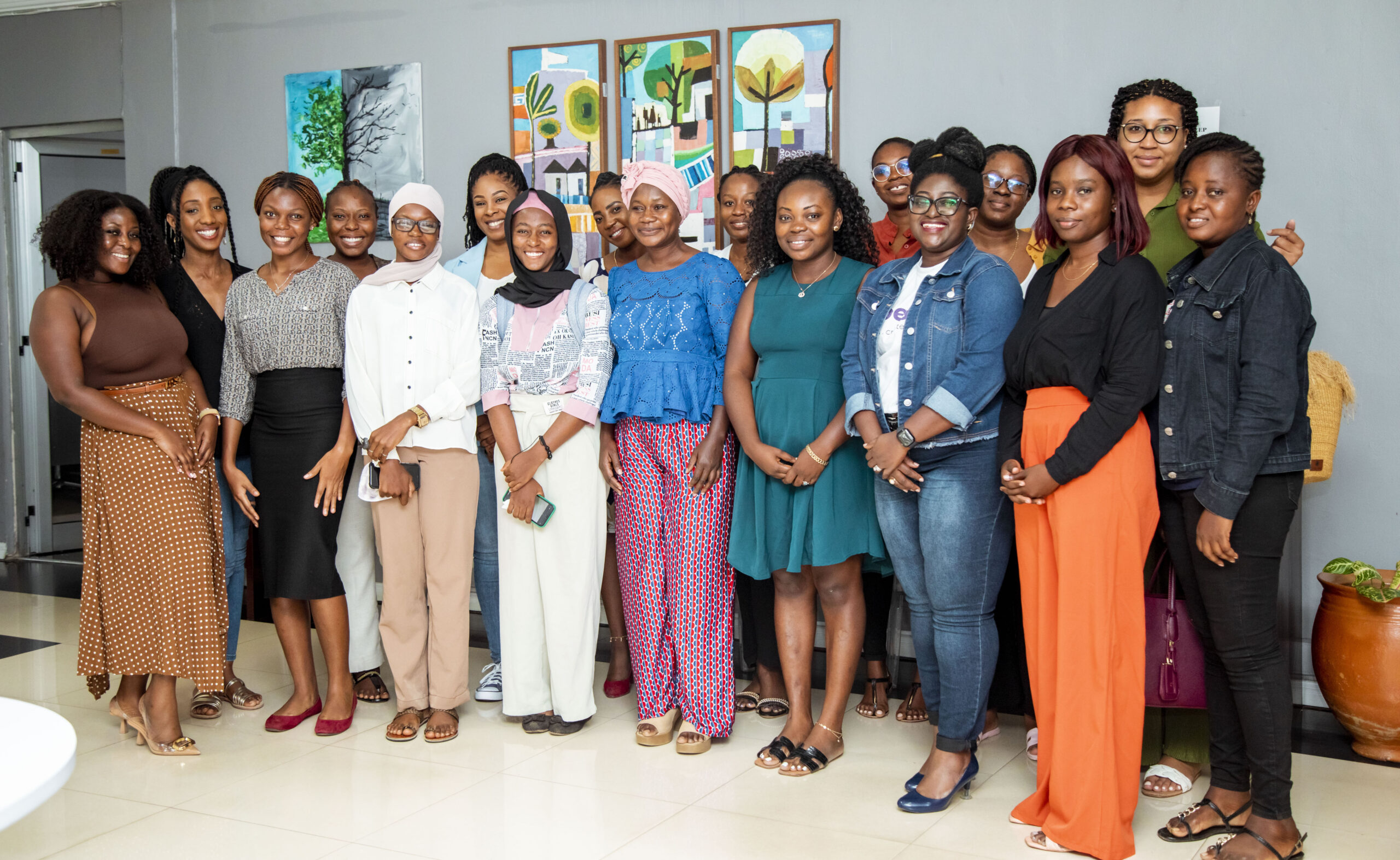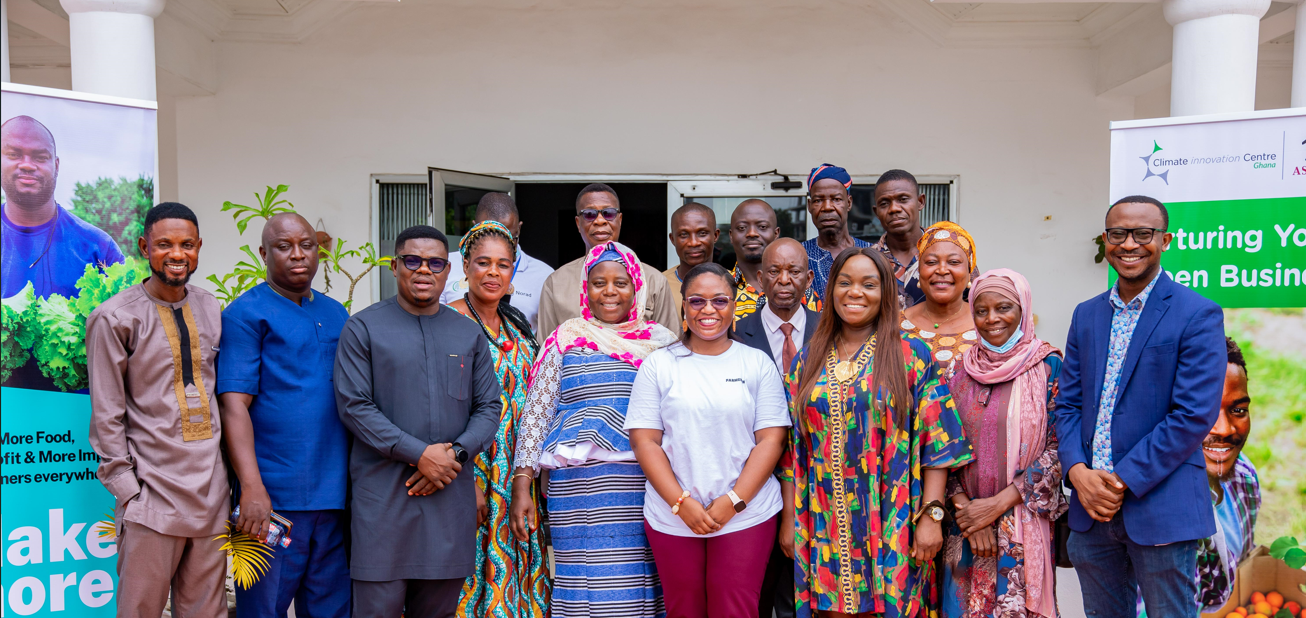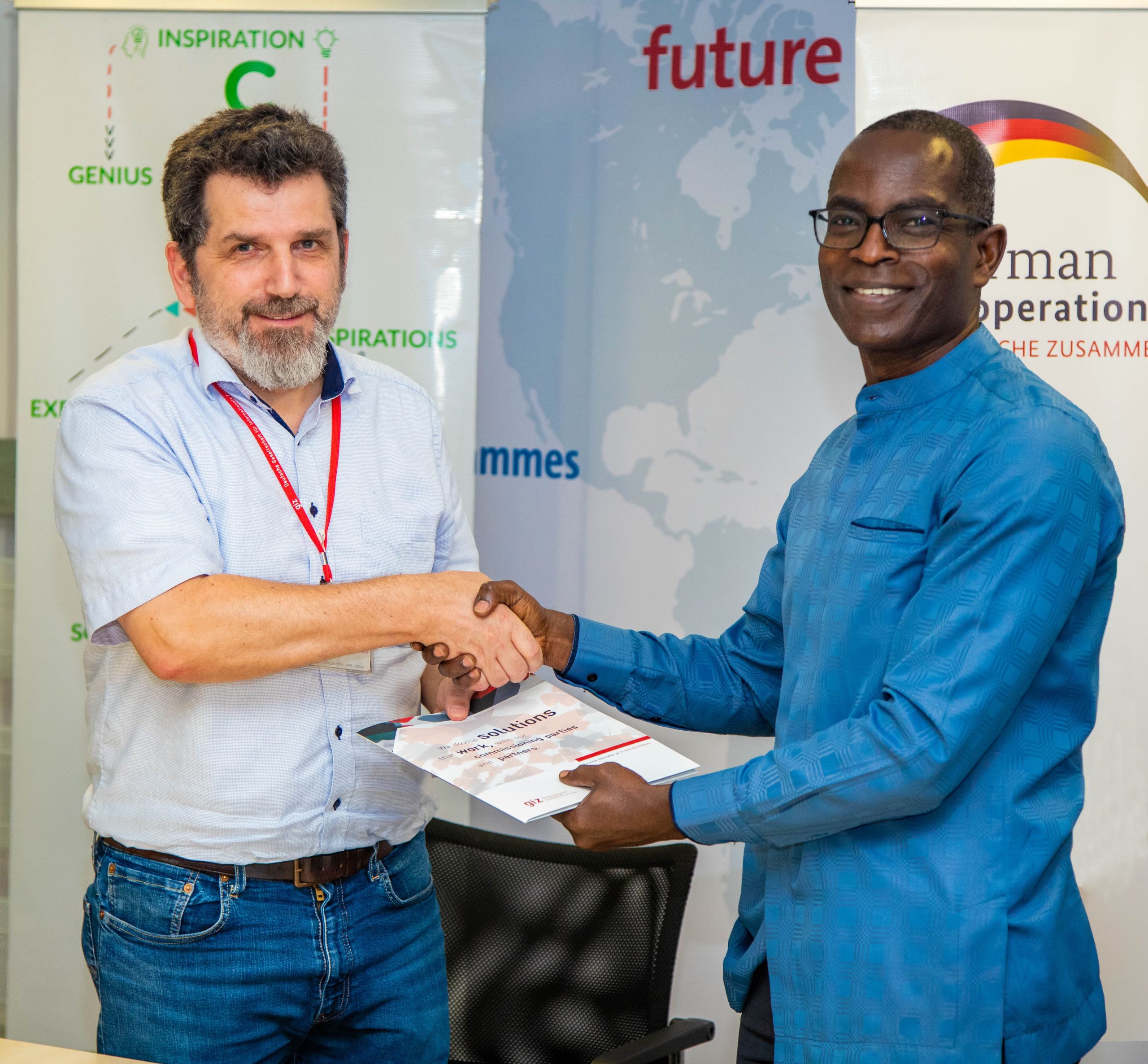ISSUED BY – GHANA CLIMATE INNOVATION CENTRE
BUILDING A RESILIENT GREEN ECONOMY IN GHANA: THE ROLE OF POLICY, PARTNERSHIPS, AND FINANCE’
15TH OF JUNE 2023, MOVENPICK HOTEL ACCRA.
INTRODUCTION
The Ghana Climate Innovation Centre (GCIC) organized a one-day symposium on “Building a Resilient Green Economy in Ghana: The Role of Policy, Partnerships, and Finance” on June 15th, 2023, at the Movenpick Hotel in Accra. The symposium aimed to explore the potential of current financial models, products, and impact investment models in Ghana to foster a transition to a robust low-carbon economy. This communiqué presents the key discussions, outcomes, and consensus reached by the participants. The GCIC is currently funded by Global Affairs Canada.
PARTICIPANTS
The symposium brought together esteemed speakers and panellists, including representatives from the Canadian High Commission, Ashesi University, African Centre for Economic Transformation, CQ Legal & Consulting, World Bank, Bank of Ghana, Deloitte Ghana, Ghana Forestry Commission, Standard Chartered Bank Ghana, Injaro Investments, Ghana Investment Promotion Centre, Ghana Venture Capital Trust Fund, CAL Bank, and MANA Mobility.
KEY OBSERVATIONS
During the symposium, speakers and panellists made several important observations:
Ruka Sanusi
“If we are to achieve the AU agenda 2063, if we are to successfully execute the dream of the AFTCA, if we are to tackle the climate emergency and even conflict on our continent, we would need to address underlying issues of livelihood, jobs, and businesses. We would need to give our businesses a chance.”
“New market conditions and changing global needs, require new approaches, new approaches to solve our social and environmental challenges. When you’re dealing with new, pioneering, first of a kind situation, you cannot rely on what you’ve done before nor rely on how you’ve done it before. In the face of climate change, that goes to our policy makers and to our financial institutions.”
Kathleen Flynn Dapaah
“It is important that the solutions to societal challenges are locally driven.”
“We all know the impact of climate change on our lives, but we shouldn’t lose sight that developing a green economy will not only boost the resilience of the population, but it will also create jobs and provide sustainable livelihoods for a number of households.”
Professor Angela Owusu Ansah
“The main goal of green finance and policy is to put in place climate smart practices.”
Professor Asafu-Adjaye
“To really make an impact, to be sustainable and to be broad-based, growth has to happen with depth.”
D- diversified exports and production
E- making exports more competitive.
P- productivity growth across all sectors
T- technology and innovation
H- Improvement in human wellbeing
Xorse Godzi
“Ladies and gentlemen, traditionally and historically, finance has always focused on maximizing profits and shareholder returns without considering environmental and societal value of the projects of businesses.”
“In the wake of increasing demand for the world to transition to systems, policies and capital that minimize the risk of environmental destruction and safeguard the world for future generations, sustainable finance serves as an effective tool and an enabler.”
“It is our firm belief that through sustainable financing framework and a focus on sustainability by regulators, Ghana can build its credentials as a leader in Africa’s path to more sustainable financing investment in economies.”
Panel discussion 1
Stephen Armah
“Recognizing the role of financial stability…. it provides a foundation for formulating impactful policies that can effectively contribute to addressing the urgent challenges of climate change.”
Aurelien Kruse
“At the heart of our collective efforts to combat climate change lies the imperative to not only enact legislation but also ensure its effective implementation. Let us actively utilize policy and financial instruments to drive tangible actions and ignite transformative change.”
Cynthia Quarcoo
“We excel at crafting legislation, but it fails to bring about meaningful change because of poor implementation and or enforcement.”
Rosaline Fosuah Adjei
” This reality holds true in the context of climate change: the emphasis is on robust policies and financial investments.”
Panel discussion 2
Valerie Labi
“I think the starting point for government is to realize that government should be an enabler of sustainable development”.
“That’s the starting point, if you’re in business, in an innovative and sustainable space, to get comfortable, you’ll always be uncomfortable in certain circumstances.”.
Yaw Afriyie
“In our pursuit of addressing climate change, it is imperative to thoroughly examine the potential of the circular economy structure. By engaging in meaningful partnerships with institutions, we can forge a path towards sustainable development. This entails not only devising robust policies but also harnessing financial instruments that empower and support climate-focused SMEs, enabling them to thrive and contribute to a greener future.”
Hamdiya Ismaila
“We must endeavour to raise awareness among investors, encouraging them to explore novel opportunities and embrace a willingness to invest in uncharted territories. It is through such bold ventures and financial commitments that we can uncover innovative solutions and unlock the potential for a sustainable future.”
Mirabelle Moreaux
“In our (venture capital) world, it is vital to recognize that the solutions we devise often come with inherent time limits. Time is of the essence in our battle against climate change, necessitating swift action, adaptation, and continuous innovation to ensure the effectiveness and relevance of our solutions.”
RECOMMENDATIONS
- Based on these observations, the following key recommendations were formulated:
- Policy should be a driving force in promoting the adoption of sustainable finance.
- Financial institutions should prioritize environmental and societal value alongside profit maximization.
- Enhancing affordable energy through renewable sources is vital for accelerating the transition to a low-carbon economy.
- Implementing the D.E.P.T.H. approach: Promoting diversified exports and production; Enhancing export competitiveness;
- Stimulating productivity growth across all sectors;
- Encouraging technology and innovation;
- Improving human wellbeing.
- Policies play a pivotal role in shaping and restructuring the green economy. As we navigate the challenges of climate change, it becomes increasingly evident that transformative policies are indispensable for achieving sustainability objectives. By deliberately designing and implementing policy frameworks that prioritize environmental protection, renewable energy, and resource efficiency, we can foster the growth of a resilient and thriving green economy.
This communiqué serves as a testament to the commitment and determination of all participants at the fifth annual Incubating Climate Innovation symposium towards building a resilient green economy in Ghana. The Ghana Climate Innovation Centre and its partners will continue to advocate for the implementation of the recommendations discussed at the symposium and work towards a sustainable future for the country.
Signed,
Ruka Sanusi
Executive Director, Ghana Climate Innovation Centre



